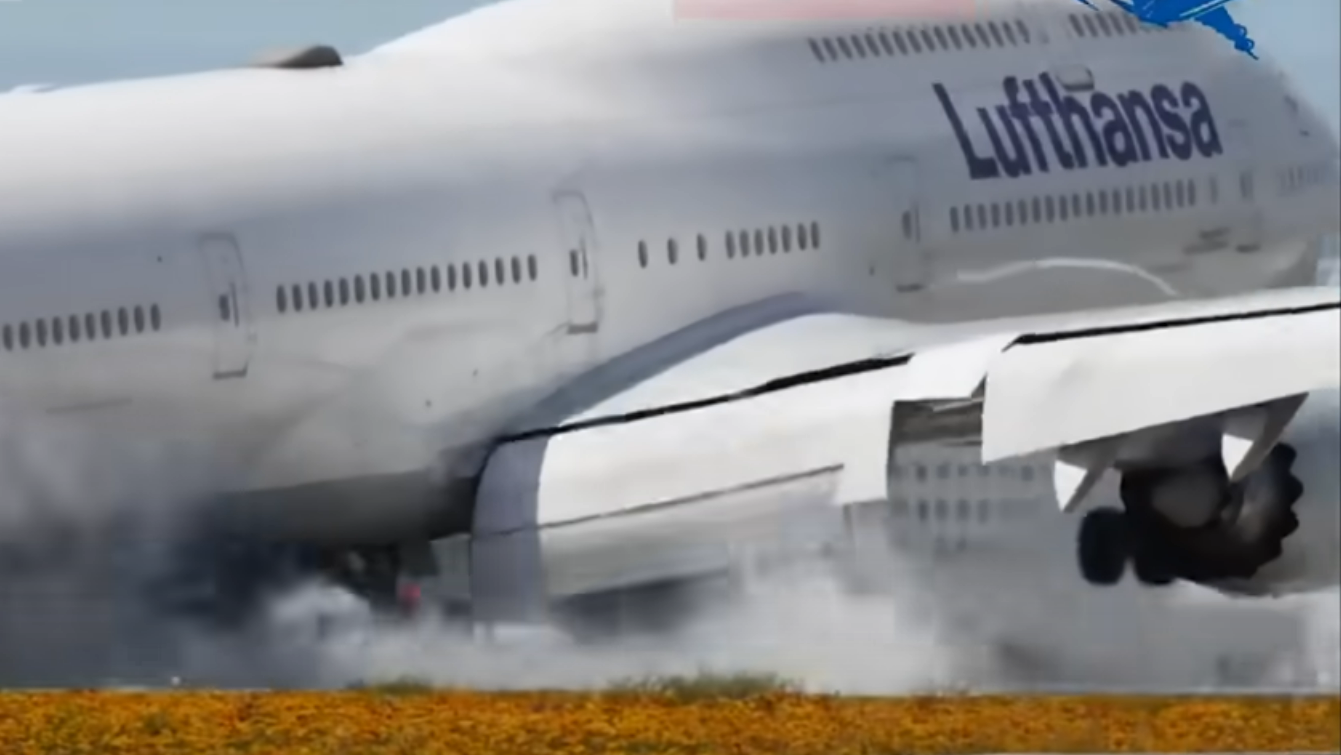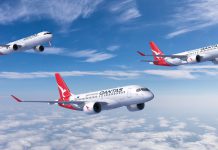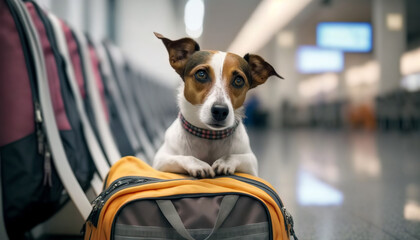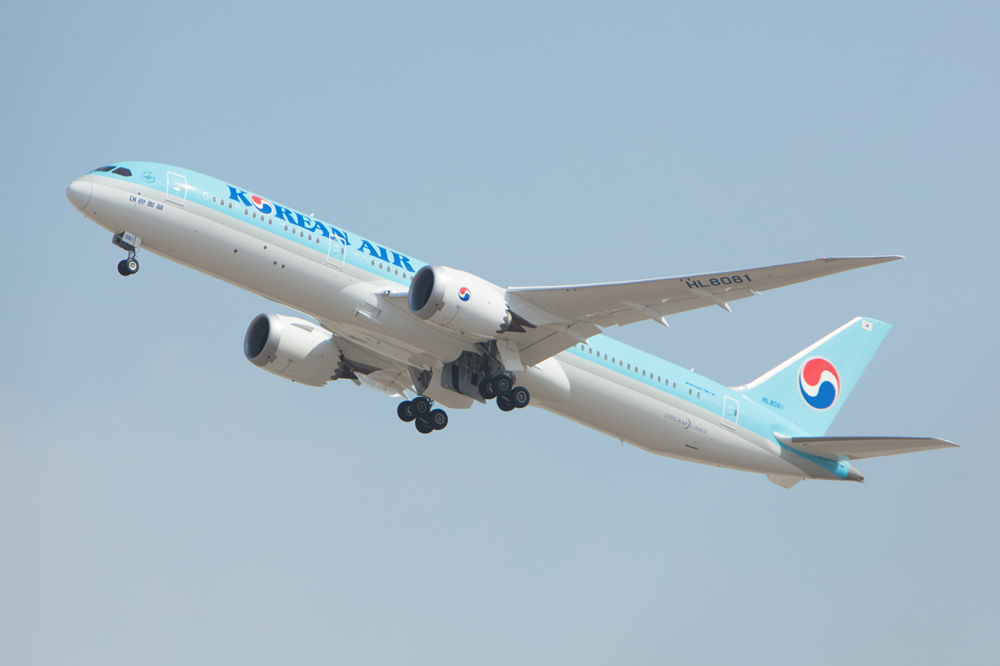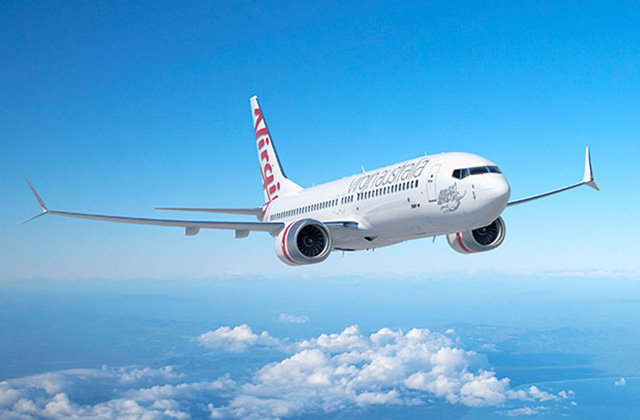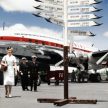Australia’s second biggest carrier will delay the delivery of new fuel-efficient Boeing 737 MAX aircraft by a year as it continues to work on its balance sheet after reporting a net loss of $A21.5 million for the first half of the 2017 financial year.
Virgin Australia’s statutory loss, down from a $A62.5 net profit in the same period in the previous year, was attributed to weakness in the domestic market as well restructurings costs which include a move to simplify the carrier’s fleet. In terms of the underlying pre-tax result preferred by airlines, the carrier’s profit almost halved to $A42.3m.
The decision to move the delivery of the first B737-MAX to the final quarter of the 2019 calendar year will defer more than $A350 million of capital expenditure associated with the airline’s order for 23 Boeing 737 MAX aircraft and options on four more.
The aircraft, powered by CFM International LEAP-1B engines, will boost operational performance at the airline with better maintenance schedules and a 14 per cent boost in fuel efficiency over current single-aisle aircraft.
However, the operational pluses were not enough to outweigh the advantages of delaying the capital expenditure in the current environment.
Officials told a telephone conference on Friday that they still intended to take delivery of the new planes and they had not cancelled any orders.
Virgin group chief executive John Borghetti noted that the average age of the 737 fleet was about seven years and it would still take delivery of five B737-NGs over the next 12 months.
“So the fleet will still be very young, it still will be very modern, the product will still be very fresh – in fact we’re planning some things that we’ll talk to you about at another announcement,’’ he said. “So from a customer experience point of view, it’s top quality.’’
Asked whether the airline could push the 737 MAX deliveries back further, Mr Borghetti said: “Look if we wanted to, I suspected we could if we talk to Boeing. But at this stage, we’re not thinking down that path.’’
Despite the weak half-yearly profit and a slight fall in revenue, Virgin managed to reduce debt by $A938.8m, an improvement of 44.5 per cent on the previous corresponding half, and achieve a record cash balance $1.6 billion, up $A689m.
Other good news included a $31.6 million improvement in underlying earnings at the airline’s international unit to see it edge into the black six months ahead of schedule with a profit of $800,000.
Tigeair Australia remained profitable, although earnings fell $A7.7 million to $A6.2m, and the Velocity frequent flyer program continued to grow with membership reaching 7 million and revenues rising $A21.6m to $176.4m.
The biggest hit was to domestic operations where underlying earnings fell from $A130m in the first half of fiscal 2016 to $A80m in the latest half.
Mr Borghetti said both leisure and business travel was softer than the airline believed they should be and fare discounting seemed to having less impact.
He said corporate customers had tightened their belts, affecting the yield mix in the cabin, but he was confident Virgin was not losing market share.
Asked whether the weak trading conditions would persist, he said: “I hope they turn around tomorrow but I think it’s hard to see a turnaround tomorrow. I think we’re in an environment where it may take a little while. But you know what, I could give you a view and you could ask 10 other people and they’ll give you 10 different views.’’
The airline also revealed it had signed a letter of intent to dispose of the its six remaining Embraer 190s and said it would cease flying the type at the end of this calendar year.


